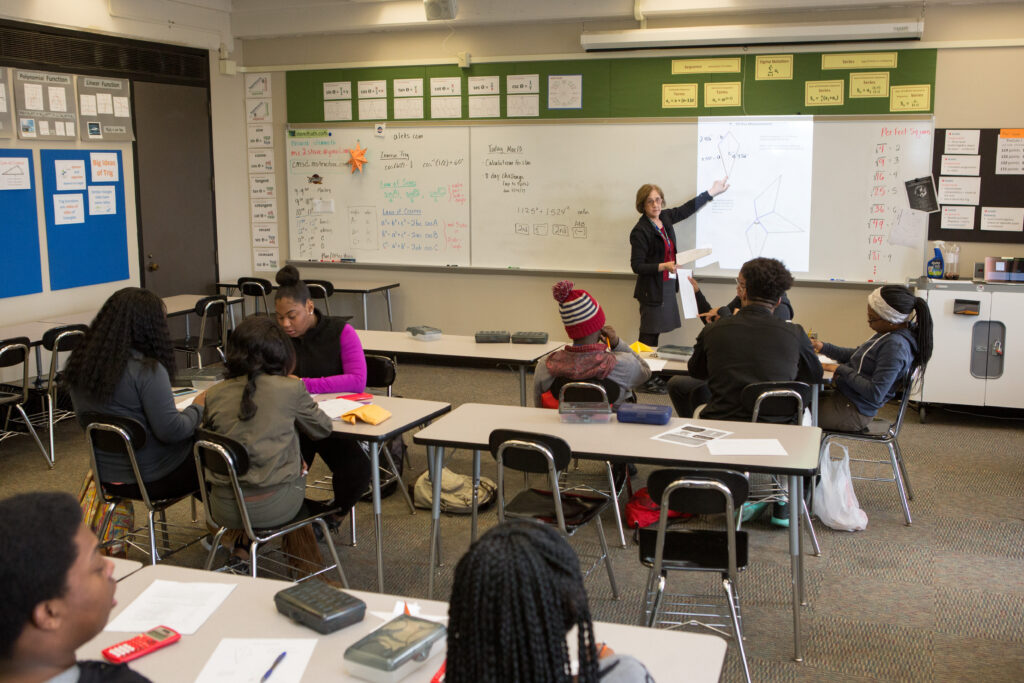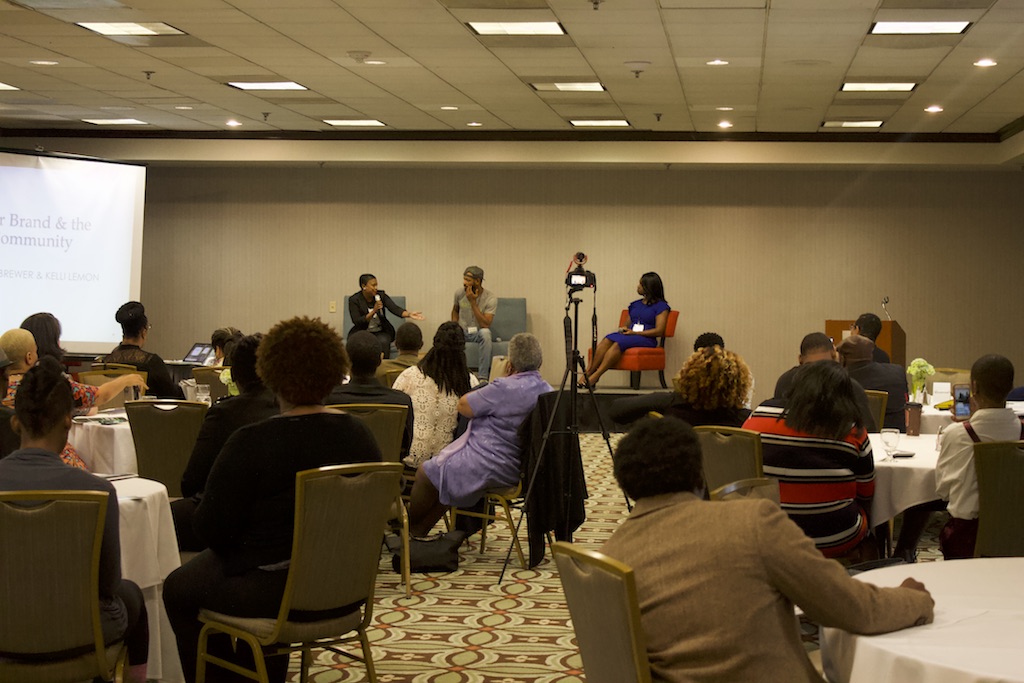Are the Kids Alright? Post-Covid Schooling and the Great Teacher Resignation
Educators across America have been taking to the internet to express concern over the future of post-pandemic learning and the increasingly disruptive behavior of their…
Educators across America have been taking to the internet to express concern over the future of post-pandemic learning and the increasingly disruptive behavior of their students.
It was three and a half years ago when schools shut down due to the pandemic, and, since the resumption of in-person learning, teachers have noticed a concerning trend. Many students are not only significantly behind where they should be according to their grade level, but they are also showing a greater unwillingness to learn. Concurrently, educators have been resigning at an unprecedented rate in a phenomenon termed the Great Teacher Resignation.
Teacher Response to the Reading Crisis
On September 19th of 2023, TikTok creator and middle school teacher Marquis Bryant (@qbthedon) posted a video expressing concern over the reading level of his seventh-grade students. In the viral video, Bryant said that many of his students are reading at the fourth-grade level, three whole school years behind where they should be. The video begs the question: Who has been letting these kids advance to the next grade despite not having mastered the necessary skills? Many teachers responded to the video, agreeing with the initial creator and adding their own experiences to the conversation.
One educator who responded to Bryant’s video was creator Mel Belle (@melllbellle4), a high school English teacher. Belle attributed the widespread phenomenon outlined in Bryant’s post to the leniency of Covid grading policies. In 2020 and 2021, schools and educators understandably felt the need to accommodate the disruption and unpredictability of the pandemic by slackening students’ grading criteria. However, Belle argues that this lenient grading has persisted for longer than it should have and is no longer serving the students in the way that it was initially intended to. Belle added that she has noticed, upon returning to the classroom, a greater pushback from her students when tasked with simple assignments, which raises the question of the long-term effects of both remote learning and Covid grading on children and teenagers.
The Behavioral Effects of Covid and Remote Learning on Young Children
This behavioral shift is not restricted to middle and high school students. Studies indicate the effects of remote learning may be more far-reaching in toddlers and young children. Research conducted by Harvard Professor Stephanie Jones and Harvard Lecturer Emily Hanno on early learning suggests a significant shift in child development during the pandemic years. Initiated before the onset of the pandemic, Jones and Hanno continued their research through the lockdown and found a measurable shift in the socio-emotional development of the children as the pandemic unfolded, especially amongst 6–7-year-olds.
The research spearheaded by Jones and Hanno suggests a link between Covid and socio-emotional development that typically manifests itself in behavioral changes. According to Jones, “When kids are struggling and they’re frustrated, their behavior shifts. It can look more negative, more dysregulated, they fall apart more often.” Jones and Hanno clarified in an interview with the Harvard Graduate School of Education that the correlation between behavioral issues in younger children and the onset of the COVID-19 lockdown cannot, at least solely, be attributed to the amount of time spent on screens. While this may be a contributing factor, the primary takeaway from their research is in the uncertainty and instability of Covid, which tended to create tense household environments. Children undoubtedly felt the stress of exhausted parents juggling work and increased parental responsibilities, and, upon returning to or starting in-person schooling, this stress was carried into the classroom.
Covid and Teacher Fatigue
Even before in-person learning was shut down in March 2020, many, if not most, educators felt undervalued and underpaid. However, since the pandemic, educators have been experiencing a new level of burnout. According to a 2022 National Education Association survey, 55 percent of educators reported that they were considering leaving the teaching profession. Teachers cited stresses such as reworking curriculums according to remote standards, hybrid standards, and then the new in-person standards. In addition to the structural accommodations, teachers have also pointed to political issues that have made their way into post-pandemic classrooms and have contributed to the increasingly tense classroom environment: Covid politics (issues of mask-wearing and vaccination), book bans targeting the teaching of LGBTQ+ history and critical race theory, and the lack of gun control progress.
Moving Forward
Parents, educators, and lawmakers across the country have been scrambling to find potential solutions to this widespread problem. According to a 2023 national study, the average student requires the equivalent of an extra four months of schooling to catch up to the reading level of the average pre-pandemic student. While many solutions have been proposed to bridge this staggering learning gap, here are some of the most viable options: implementing high-dosage tutoring, extending the school calendar (perhaps through existing summer school programs), and providing an optional fifth year of high school. All of these solutions are expensive, and none are particularly desirable, but the alternative is bleak. Learning institutions have received billions in federal Covid relief funds, but it is not doing enough. Greater structural changes, such as integrating social and emotional learning in every classroom and raising teacher pay, must take place to preserve the education of our future generations.
By: Luce Miyar-Mullan
Disclaimer: The views, opinions and positions expressed by the authors and those providing comments, opinions on this website are theirs alone, and do not necessarily reflect the views, opinions or positions of M-Lifestyle and their affiliates. M-Lifestyle does not claim ownership of any images used, unless otherwise specified.
![]()






